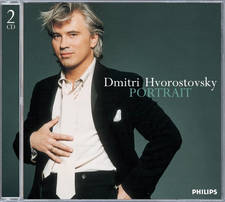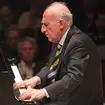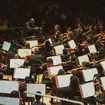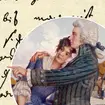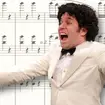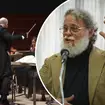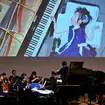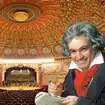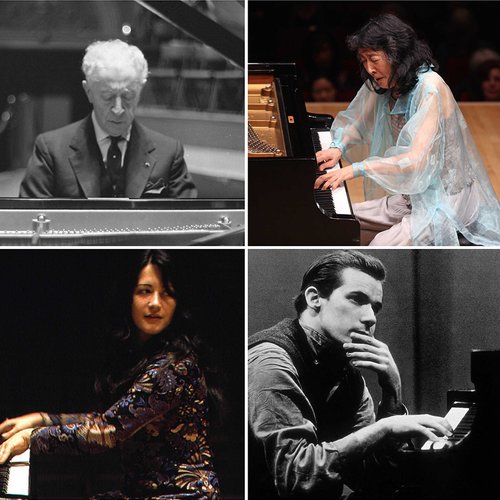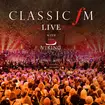Beethoven's 'Emperor' concerto: a work ahead of its time
Beethoven's last piano concerto is also one of the most accomplished of them all.
The title 'Emperor' seems to have stuck from the earliest performances of Beethoven’s music, although I doubt it’s a name he’d have given to a concerto which has been described as the embodiment of Romantic conflict. A very real conflict certainly had an impact on Beethoven’s writing in 1809, but given the way we know Beethoven felt about the Emperor Napoleon, it’s hardly a title he would have chosen. There are a number of stories about how this, his fifth piano concerto, got its name - and I think the most plausible comes from the circumstances of its Viennese premiere.
The concert in February 1812 was organised by the impressively named ‘Society of Noble Ladies for Charity for Fostering the Good and Useful’ as part of the festivities ordered by the city’s French conquerors. Beethoven’s music must have stood out like a sore thumb amongst the popular songs and performances which made up this concert programme, but given the circumstances, ‘Emperor’ seemed a fitting title for the new concerto. It’s hardly surprising that in the midst of that variety show, Beethoven’s concerto did not do well.
In contrast to its reception in Vienna, the work’s earlier premiere in Leipzig had been well received with one critic describing it as ‘without doubt one of the most original, imaginative, most effective but also one of the most difficult of all concertos’. It was certainly born out of a difficult time not just for Beethoven but for all Austria, when the French invaded in 1809. Beethoven complained that the course of events ‘has affected me body and soul…with nothing by drums, cannons, men, misery of all sorts’. The composer even had to evacuate to his brother’s home and take refuge in the basement from explosions and cannon attacks. Yet by the end of 1809, the work was complete even if circumstances meant there was no premiere for another couple of years.
As always, there is much that is ahead of its time in this last and largest of Beethoven’s piano concertos. Its virtuosic style and wide dynamic range is perfectly suited to the kind of concert piano which Beethoven can only have dreamed of, and which wasn’t developed until the mid 1820s. He also gave precise instructions to the soloist against the prevailing fashion where a virtuoso would launch into a cadenza. Instead he wrote out all the solo passages, and on the piano part of his score wrote ‘Do not play a cadenza, but begin immediately what follows’.
What follows is one of the most accomplished of all piano concertos, with a striking opening movement and a glorious rondo finale, but it’s the beauty and serenity of the hymn-like adagio which makes this Beethoven’s best.
